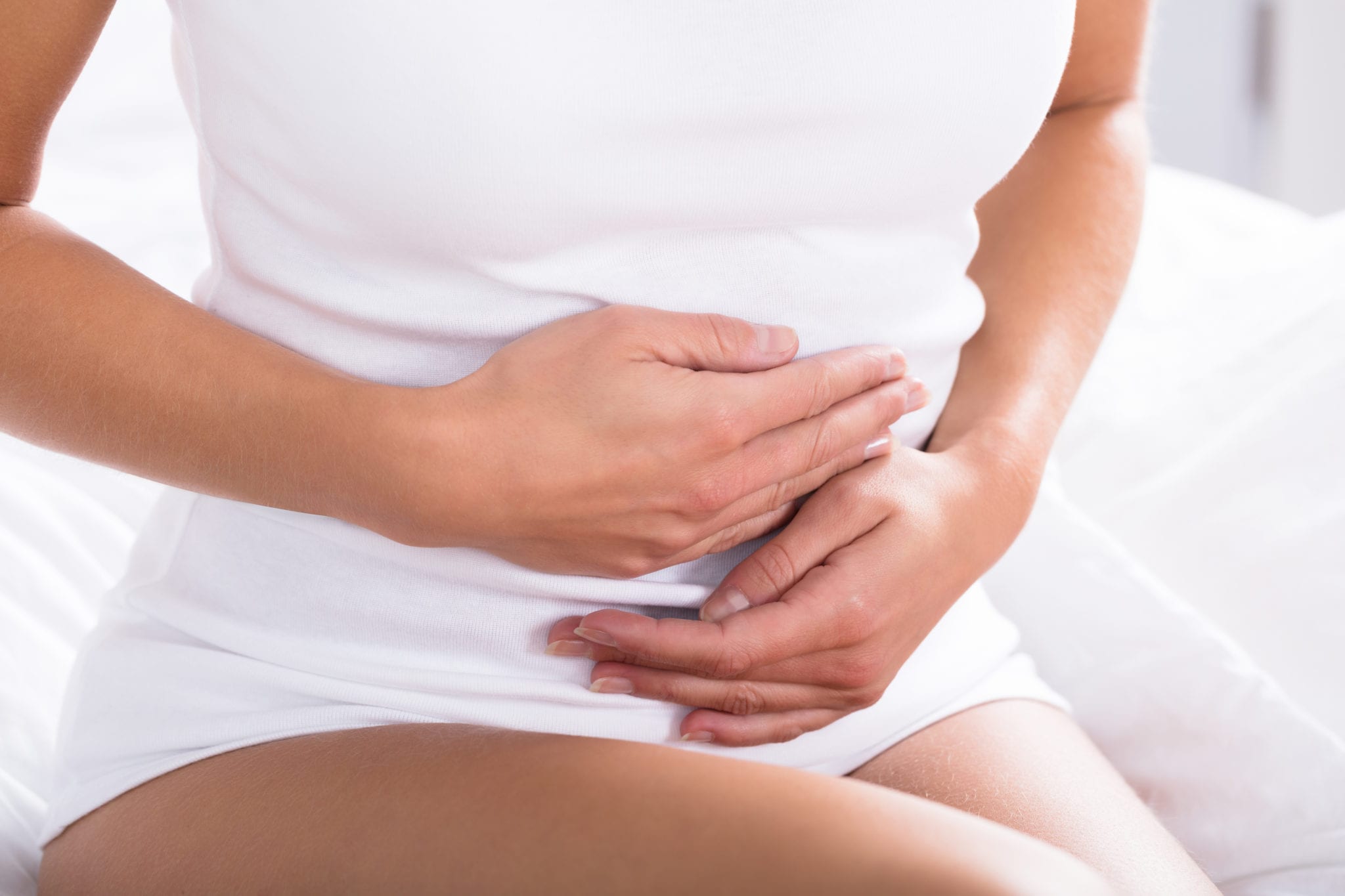Uterine fibroids are often asymptomatic, causing few if any symptoms. But sometimes, they can cause pain and other problems as well as interfering with pregnancy. Northwest Women’s Center offers advanced treatments for symptomatic uterine fibroids in Houston, TX, helping women to relieve symptoms and enjoy better health.
What are Uterine Fibroids?
Uterine fibroids (also called myomas, fibromyomas or leiomyomas) are benign tumors or growths that form in the uterus during a woman’s childbearing years. Fibroids can be embedded in the uterine wall or they may grow inside or outside the uterine lining. They can be divided into three categories or types based on their location.
- intramural fibroids (the most common type) located in the uterine wall
- submucosal fibroids located in the lining of the uterus
- subserosal fibroids that grow on the outside wall of the uterus
Although not as common as intramural fibroids, submucosal fibroids tend to cause the most pain, as well as heavy menstrual bleeding.
Is a Fibroid a type of cancer?
No, although many people have this same concern,nearly all fibroids are benign (non-cancerous).

What symptoms do Fibroids cause?
Some women may have few or no noticeable symptoms associated with their fibroids, but when symptoms do occur, they can include:
- abnormal periods, including very long periods, spotting between periods and periods with heavy bleeding
- pelvic pain
- pain during intercourse
- increased urge to urinate
- pelvic pain or pressure
- swelling in the lower belly area
- problems becoming pregnant
- miscarriage or premature delivery
Heavy bleeding caused by uterine fibroids can also cause anemia.
How are Fibroids diagnosed?
Fibroids may be diagnosed using ultrasound diagnostic imaging or through a minimally-invasive procedure called hysteroscopy which uses a thin, flexible scope to see inside the uterus. The hysteroscope uses a tiny camera to transmit images from inside the uterus to a video monitor where they can be viewed by the doctor.
Best Treatment for Fibroids
Fibroids that do not cause symptoms typically do not require any treatment, but regular monitoring may be recommended. Fibroids that cause symptoms like infertility or abnormal bleeding or those that are growing rapidly or exerting pressure on the organs can be treated in several ways, including:
- medications to shrink the fibroids
- minimally-invasive surgery using a hysteroscope or laparoscope to remove the fibroids through the vagina and cervix or through a tiny incision made in the abdomen
- hysterectomy to remove some or all of the uterus
- open surgical techniques that use larger incisions to treat multiple and large fibroids
Women who have open surgery to remove fibroids may require C-sections if they become pregnant in the future.
Schedule Your Consultation Today!
Call 281.444.3440 to schedule your consultation with one of our practitioners today! Our practice serves Houston, TX & all nearby areas.